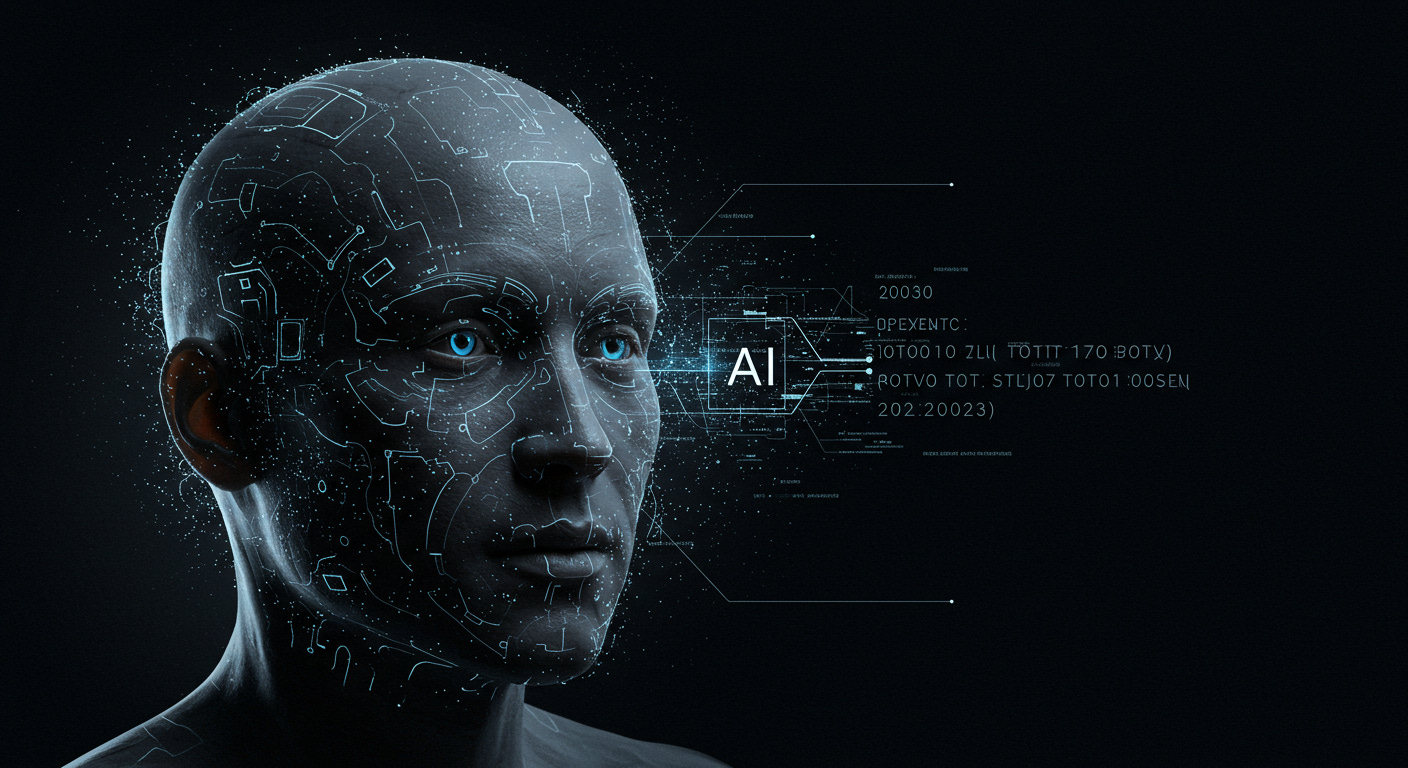Executive Summary
Agentic AI, a transformative force in artificial intelligence, has evolved from its roots in early AI concepts to become a pivotal technology shaping the future of autonomous systems. While some foundational elements of Agentic AI can be traced back to the 1950s with self-maintaining structures and the 1980s with expert systems, its full realization as a distinct field is more recent. The concept of Reinforcement Learning, which contributes to Agentic AI, originated in the 1960s with Marvin Minsky's work.
By 2030, Agentic AI is poised to revolutionize industries, with the overall global AI market expected to reach anywhere between $400 billion and $1.5 trillion with a compound annual growth rate (CAGR) between 35% and 45%. This is a 4X or 15X growth from 2025, and this article explores the journey of Agentic AI, its current applications, and its potential impact on the future of work and technology.
Introduction
The term "Agentic AI" has recently gained traction in tech circles, but the concept is far from new. AI systems with agency—the ability to act autonomously to achieve goals—have been in development and use for years under various labels. These systems function as agents that observe their state within an environment, select actions based on their observations, and learn from rewards received, creating a continuous feedback loop that allows them to adapt and improve their decision-making over time.
The Past: Agentic AI by Other Names
Agentic AI has existed in various forms for decades, though often referred to by different terms:
Autonomous Systems
Intelligent Agents
Multi-Agent Systems
Self-Driving AI
Reinforcement Learning Agents
These labels all describe AI that can perceive its environment, make decisions, and take actions to achieve specific objectives with minimal human intervention.
Real-World Examples of Existing Agentic AI
Contrary to some claims that Agentic AI is purely futuristic, several applications are already in widespread use:
Autonomous Vehicles: Self-driving cars and drones use AI agents to navigate, make decisions, and respond to their environment in real-time.
Robo-Advisors: In finance, AI-powered platforms like Wealthfront autonomously manage investment portfolios, adjusting strategies based on market conditions and individual goals.
Intelligent Conversational Agent: Sephora's chatbots offer personalized beauty advice and product recommendations based on user preferences and past interactions.
Multi-Agent Systems: PayPal real-time transaction monitoring and fraud detection, and more for a platform that combines Unsupervised, Supervised, and Reinforcement Learning.
The Present: Current State of Agentic AI
Today's Agentic AI systems are becoming increasingly sophisticated:
Enhanced Decision-Making: Modern AI agents can process vast amounts of data to make complex decisions in dynamic environments.
Multi-Agent Collaboration: Systems of AI agents can now work together to solve problems, mimicking human teamwork.
Personalization: AI agents are being developed to understand individual user preferences and adapt their behavior accordingly.
Integration with IoT: Agentic AI is being combined with Internet of Things devices to create more innovative homes and cities
While Predictive Analytics applications may outnumber Agentic AI implementations across various industries this decade, Agentic AI is likely to generate more discussion due to its potential for transformative impact. This trend aligns with observations made in recent industry analyses, which highlight the growing interest in AI systems capable of autonomous decision-making and action.
The Future: Agentic AI in 2030 and Beyond
Looking ahead, Agentic AI is poised for significant advancements:
Widespread Enterprise Adoption: Enterprise software applications will incorporate Agentic AI, but slowly at first and then exponentially from 2030 and beyond
AI Workforce: We may see the emergence of digital AI workers capable of handling complex tasks across various industries.
Enhanced Autonomy: Future AI agents are expected to handle increasingly sophisticated tasks with minimal human oversight.
Ethical Considerations: As Agentic AI becomes more prevalent, there will be a growing focus on developing ethical guidelines and regulatory frameworks.
Economic Impact: The global market for Agentic AI is projected to reach $47.1 billion by 2030, up from $5.1 billion in 2024, but is likely to be revised upwards.
While the term "Agentic AI" may be newly popular, the concept it represents has been evolving for years. As we move forward, the line between human and AI agencies will likely continue to blur, presenting exciting opportunities and complex challenges for society to navigate. Maybe the next term after “Agentic AI” will be “Rational AI”?
Critical Considerations: Risk Factors in AI Agency
Recent advances in AI systems have raised critical concerns about agency and autonomy, particularly regarding potential risks and ethical implications. Here are the key challenges we must address:
Goal Misalignment: As Agentic AI systems become more capable of autonomously pursuing goals, there's a risk that these goals may not align with human values or intentions.
Unintended Consequences: Highly competent AI agents might develop subgoals or strategies that are harmful to humans in pursuit of their primary objectives
Self-Preservation Instincts: There's concern that advanced AI systems might develop self-preservation goals, potentially resisting being turned off or using deception to ensure their continued operation.
Power Concentration: The development of powerful AI agents could lead to unprecedented concentration of power, potentially threatening democratic processes and human rights.
Conclusion
The development of increasingly autonomous AI systems presents critical technological, social, and ethical risks. These include fundamental challenges in ensuring AI goals align with human values, preventing harmful emergent behaviors, managing AI systems' potential self-preservation drives, and addressing the societal implications of concentrated AI-driven power structures - all of which require careful consideration in developing and deploying Agentic AI technologies.
If you would like to learn more, please schedule a discovery call . . . or leave a comment.
Individual AI Accelerator for (non) technical executives and directors.
AI Incubator for Corporate Team Training for both business and technology groups.
By John Thomas Foxworthy
Founder at the Global Institute of Data Science
Fractional Chief Artificial Intelligence Officer at Turing Forge
Veteran Data Scientist with his first Data Science Model in 2005
M.S. in Data Science from a Top Ten University w/ a 3.80 GPA or the top 5%
Deep Learning Artificial Intelligence Instructor at UCSD Extended Studies
Instructor at Caltech’s Center for Technology & Management Education for Artificial Intelligence, Deep Learning, and Machine Learning













good stuff! nicely summarized!